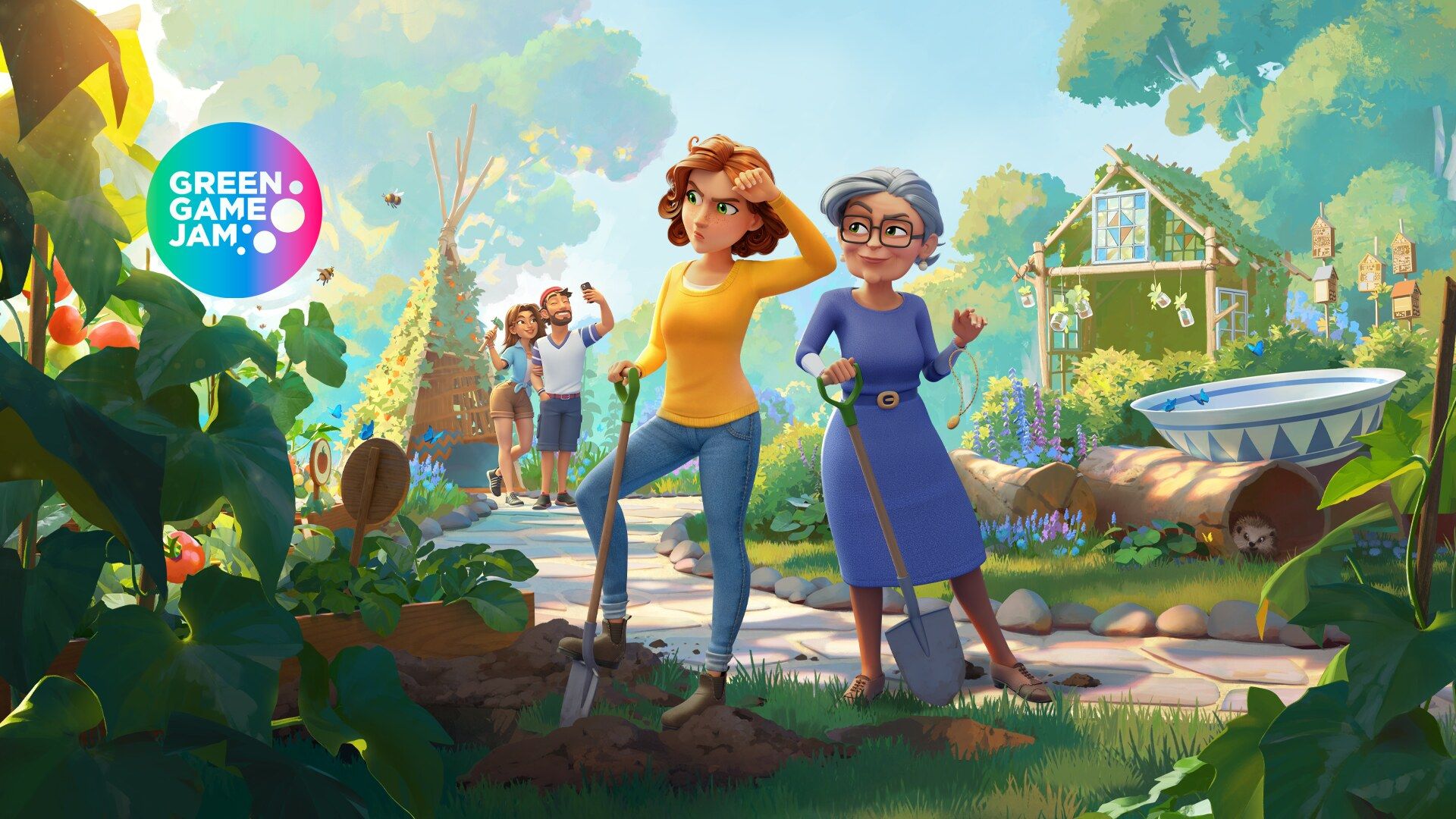
Green Game Jam: Biodiversity Tips from Maddie and Grandma Ursula!

Are you that friend who never gets asked to water anyone’s plants during their vacation? Do you struggle to keep even the prickliest cactus alive?
Not for long! To celebrate the Green Game Jam, famously horticulturally skilled Maddie and her grandma, Ursula Boulton, are here to help you turn things around.
The Boultons believe that small actions lead to big impacts, whether you want to rewild an area in your backyard, set up a community garden with your neighbors, or simply enjoy some floral blossoms while having some tasty plant-based snacks on your plate every now and then. Read on to find out more!
Store-bought herbs are great for re-planting
The basil bush in the Mansion’s backyard is admirable—and it all began when Maddie decided to plant the remains of a store-bought basil after a pizza night with Roddy and Julius. “Plant a store-bought herb plant and prepare for a surprise—it will grow to triple the size you bought it at!” Maddie advises before Ursula ushers us away from the backyard, where she has been busy flipping the soil.
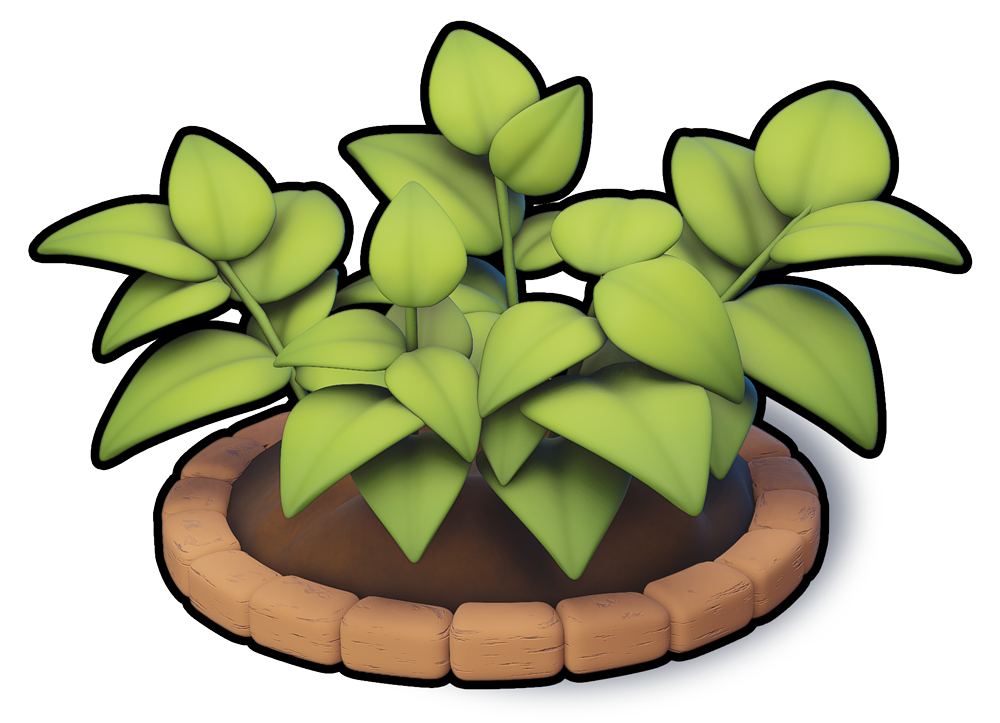
Flowers like lavender will attract pollinators, and that’s good
Planting flowers in your garden—or on your balcony—is not just about enjoying their beauty; it plays a crucial role in supporting the health of your garden ecosystem. Flowers attract pollinators such as bees, which are essential for the reproduction of plants. “If you want bumblebees to be frequent visitors in your garden, plant some lavenders!” Ursula says.
“And even better, everything will smell incredible—it’s like going to the South of France, but cheaper.”
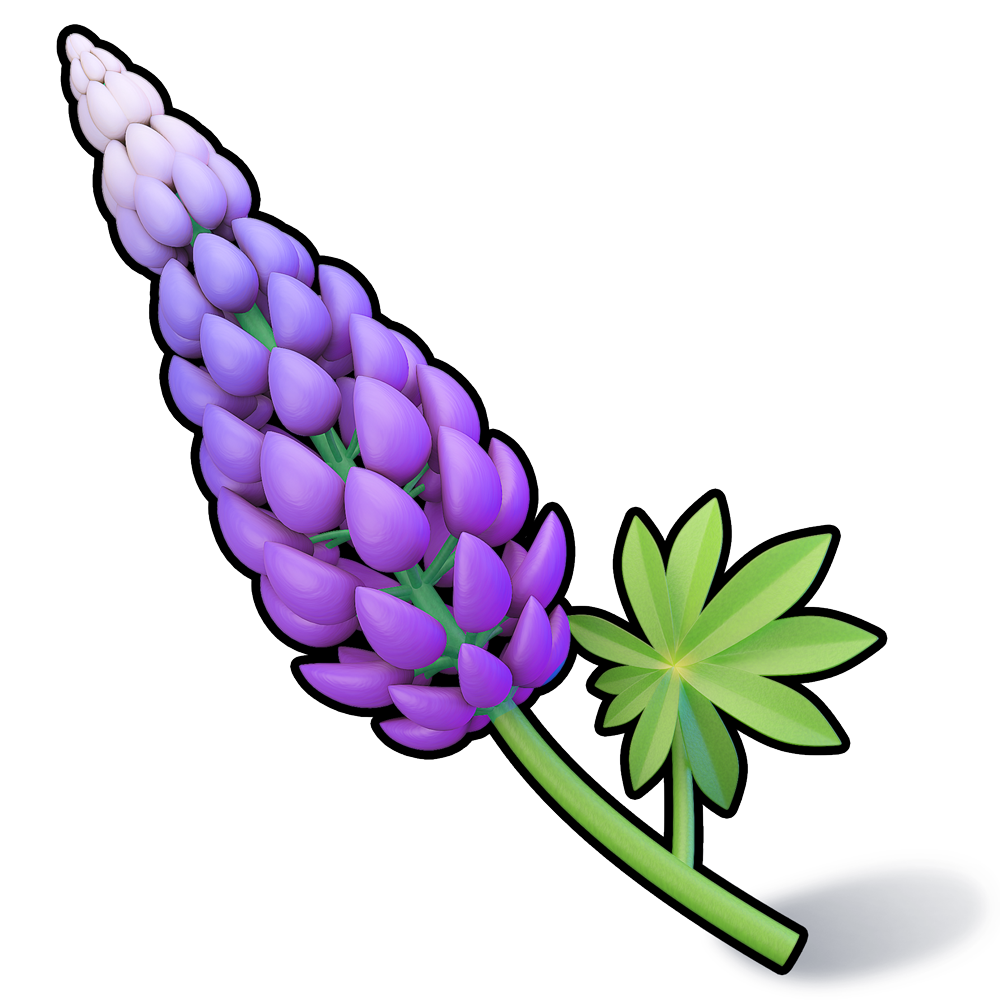
Limit the use of pesticides
Now that you’ve got all that buzz going on in your garden—avoid using too much pesticides, as they can disrupt the balance of your garden, leading to a decline in visiting pollinators. By avoiding pesticides, you allow natural predators and pollinators to keep pest populations controlled, resulting in a thriving garden. Embracing natural gardening leads to the long-term health of your plants—and the things you grow will definitely taste better!
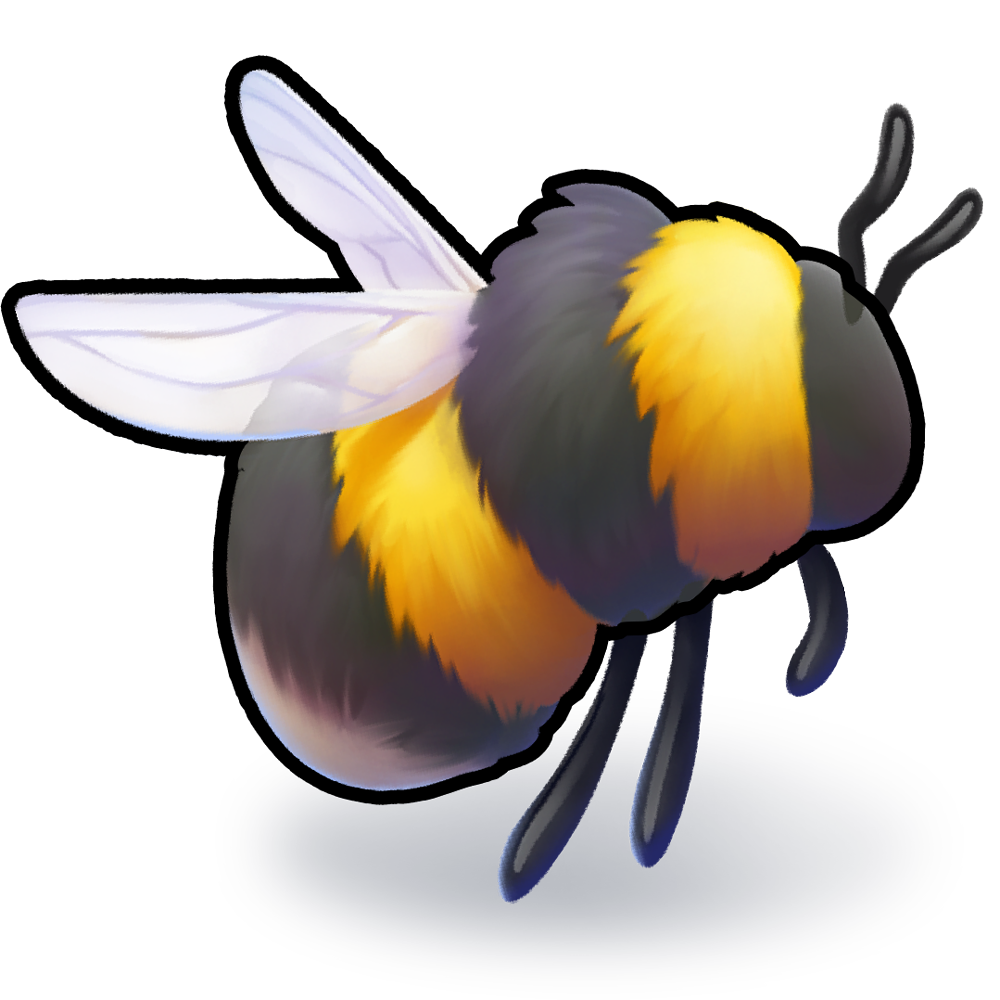
Location, location, location
It’s true in real estate, and it’s true in your growing space: location is everything! You might not have a garden as enormous as the Boultons’, but it doesn’t matter; it isn’t about the size of the garden, but how you use it. And if you don’t have a garden? Then even your balcony can be home to biodiversity. Whatever your spot, the amount of sunlight, shade, wind are the most influential factors. Some plants, like Black-eyed Susans and Coneflowers, love soaking in the sun and will draw in bees and butterflies, while others, like Hostas and Ferns, prefer to stay in the shadows, providing a lush habitat for small wildlife.
By carefully selecting a spot that meets the needs of as many of your plants as possible, you are en route to a successful plant patch.
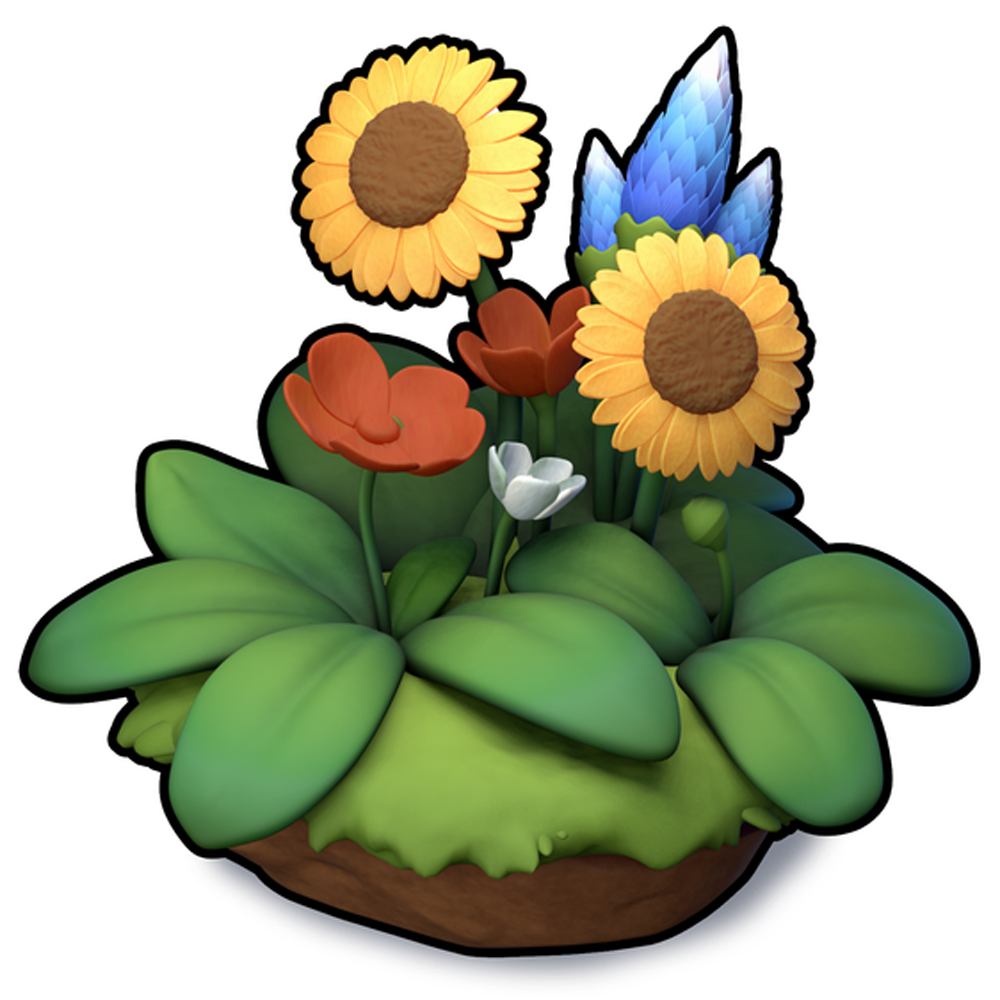
Strength in diversity
Sometimes, it’s about letting an area stay wild. Encourage native plants that, while they may not have the showiest flowers, do wonders for the soil, provide hiding places for wildlife, and attract pollinators. Do keep an eye out and remove invasive species that can harm the ecosystem. If your first cherry tomatoes fail, don’t cry over that bowl of bruschetta; the aubergine might save the day (and make a mean moussaka). Sometimes, letting nature take its course is the best way to cultivate a healthy and diverse garden.
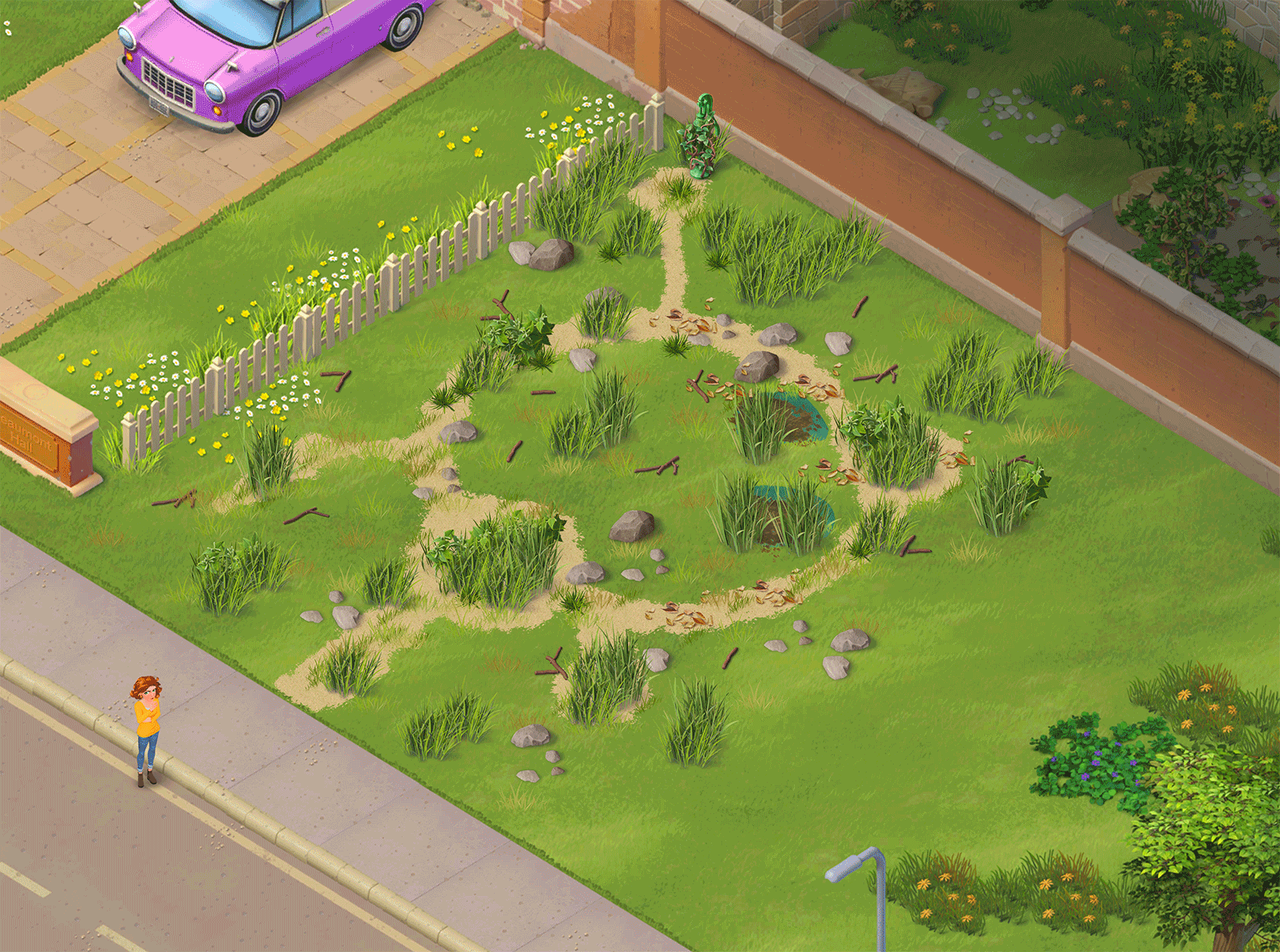
In the end, every small action can make a big impact. Whether you’re rewilding a patch of your yard or starting a community garden, every step counts. Planting a variety of different plants not only increases your chances of success but also contributes to a healthier, sustainable garden—for many years to come!